I Have Thyroid Eye Disease
I Have Thyroid Eye Disease
In June 2017 I had my thyroid removed. One doctor told me it would be at least a year before I felt normal again. Another said that I might have to get used to a new normal. Have you heard of this? This new normal. I’m not a fan. But that’s a story for another day. Today is all about Thyroid Eye Disease (TED).
It took at least a full year before I noticed some positives to life without a thyroid. My heart palpitations stopped almost completely and I’m getting some energy back. Best of all, I was able to move forward with my eye surgery. On the day of my initial Graves diagnosis, my Endocrinologist sent me to see an Ophthalmologist that specializes in Thyroid Eye Disease. It was already apparent to her that something was going on with my eyes.
If you have TED you can relate to the dryness, sensitivity to light, and the embarrassment of your eyes bulging out of your head. I think the worst thing is the RSF; Resting Scared Face. The name came to me while I was taking a yoga class.
Taking a Yoga Class with Thyroid Eye Disease:
About a month after thyroid surgery I decided I was going to start some lite exercise. I’ve always wanted to try yoga so I signed up at one of those places where you get the first week free. (I need to preface this by telling you that I wear glasses. Not only for my astigmatism but also because when they’re on it’s hard to tell how bulgy my eyes are. But, I take them off when I work out.)
Since I was new to Yoga, I paid close attention at my first class and looked up at the instructor a lot. The one time she looked back at me she laughed and said, “Oh you poor thing you look terrified! This is nothing to be afraid of, you don’t have to be scared!” (Um yeah, I kinda don’t have a choice.) The instructor in the second class was more subtle. She pulled me aside as I was leaving and asked me if I was OK. When I answered that I was she said, “Oh OK because you look so nervous.” Anyways, I decided to skip yoga until I’m able to look as relaxed as it’s supposed to make me feel.
Lid Retraction Surgery
A few months after my thyroid removal. my Ophpthalmolgist decided we could move forward with my lid surgery The procedure entailed him cutting into the eyelid muscles to pull my upper lids down. This was so my eyes would close, and also not look so bulgy. They did both of my lids together in September. Then in January, they did a bit more on my left eye. You can see me before and after in the photo above. I promise neither of the photos has been touched up. It’s just the place and the lighting that’s different in each of them. You can see my eyes are still puffy because Graves loves inflammation. But they’re getting there. And I’m so excited to see some eyelashes again!
The surgery wasn’t too horrible. I was under general anesthesia, but it was an outpatient procedure so I didn’t have to stay overnight. I took four days off of work the first time and three the second. Then I wore sunglasses at the office to hide the swelling and bruising. I work on a computer most of the day so the sunglasses also helped with the glare. I’ve noticed some slight improvement in dryness and light sensitivity. My left eye still gets dryer than my right though, and I still use artificial tears a lot.
Lid Retraction Surgery Tips
- Always follow your doctor’s instructions regardless of what you read on the internet.
- Get a box of 4×4 sterile gauze and a roll of paper tape to have on hand. You’ll need these to apply direct pressure if one or both lids start bleeding post-operative. This happened to me. My poor husband panicked and ran to Walgreens because we didn’t have what we needed. I was totally fine. But the whole experience was the stuff of horror movies, so you’ll do yourself a favor by being ready just in case.
- Sleep with a neck pillow for at least the first few nights. I already had one from when I had my thyroid removed. It helps so that you don’t turn your head and lay directly on your eyes when you’re sleeping.
- Have several bags of frozen peas in the freezer to switch off for icing your eyes.
- Treat yourself to Audible. Reading and watching TV will be uncomfortable for a while.
I went back and forth over posting before and after pics as the feature image of this post. But then I decided to be brave. It’s who I am now and there’s nothing I can do about it. It’s not fun, but it could be worse. I’m not minimizing what we deal with. I just like to look on the bright side.
UPDATE JULY 2021
I’m a few years older now and down to seeing my Ophlalmologist once a year. The look of my eyes hasn’t changed much since surgery. Another thing that hasn’t changed is that I still deal with extremely dry eyes. There doesn’t seem to be a whole lot they can do about it. My doctor tried a procedure of putting plugs into my tear ducts. This was meant to keep my eyes moist. For me, all it did was irritate them more.
Things I do to stay comfortable are:
- I use Refresh Plus Lubricant Eye Drops several times a day, and just before I fall asleep at night. They are my favorite! For one, they come in individual vials that are super convenient because I keep them everywhere, and don’t have to worry about my foggy brain forgetting where I put a bottle. I use them throughout the day, but they’re most impressive at night. I often wake up in the middle of the night with one or both of my eyes dried shut. So I reach over to my nightstand, snap open a vial, and start dropping. I feel like the Tin Man from Wizard of Oz getting his joints oiled 🤣. But hey, they work like a charm!
- Morning and night (also at lunchtime if I’m home) I wash my eyes with baby shampoo and very warm water. This was recommended by my doctor because the warm water keeps the tear ducts clear and flowing, and the baby shampoo is a gentle cleanser. I use individually packaged eyelid scrubs when I’m not at home.
- I wear sunglasses. I wear regular glasses as well. Besides sun protection the sunglasses are an extra layer keeping air and dust from drying my eyes. The kind that fits over my regular glasses works great.
UPDATE OCTOBER 2022
I started taking Selenium about six months ago. When I was first diagnosed, my Ophthalmologist recommended taking Selenium stating that it could slow down the progression of my TED. I followed his advice but was very disappointed with the results. That was before my thyroid removal and when my body was in the most turmoil. When I returned for a three-month visit and my eyes were worse, I stopped taking the Selenium. I was frustrated and figured if it wasn’t going to help then why bother? About a year ago, I started up again because I read that not only can it help our eyes, but it may help Synthroid (Levothyroxine) to work more efficiently.
It might just be a timing thing, but I do feel a positive difference! My eyes aren’t as puffy and I’ve lost some weight (with less difficulty than my recent dieting experience.) I’m not saying you should run out and start taking Selenium. But I like to share things that work for me so that you can discuss them with your Medical Doctor and see if it’s something safe for you to try. Hopefully, you’ll be able to try it, and even more hopefully, it will have a positive impact on your life!
One last, but very important symptom of Thyroid Eye Disease is loss of self-confidence. Before Graves, I was often told that I had pretty eyes. Then they got all bulgy, and now they’re dry, red, and puffy most of the time. I’m doing all I can to keep them comfortable. I’ve done all I can to make them look better. Once we’ve done all we can, the next step is accepting that we can’t change it. I still struggle with that now and then, but I’m much better than I was! My best advice for dealing with the physical changes of Graves Disease is to work hard every day at loving yourself. You’re still the same beautiful you and that’s a fact. 💕
Please drop me a comment if you have any questions, or would like to share your experience with Thyroid Eye Disease.
If you would like to chat with other Gravesters about their experiences with Graves and Thyroid Eye Disease, please join the conversation on Facebook. I have also started a new MEWE GROUP. (Although as of right now, I’m the only member 😊)
This post is just my experience with Thyroid Eye Disease. If you would like a more technical explanation you can find that here: https://www.thyroid.org/graves-eye-disease/
Disclaimer: This post is based on my own experience. It is not intended as medical advice. It is not meant to diagnose, treat, cure or prevent any disease or medical condition.



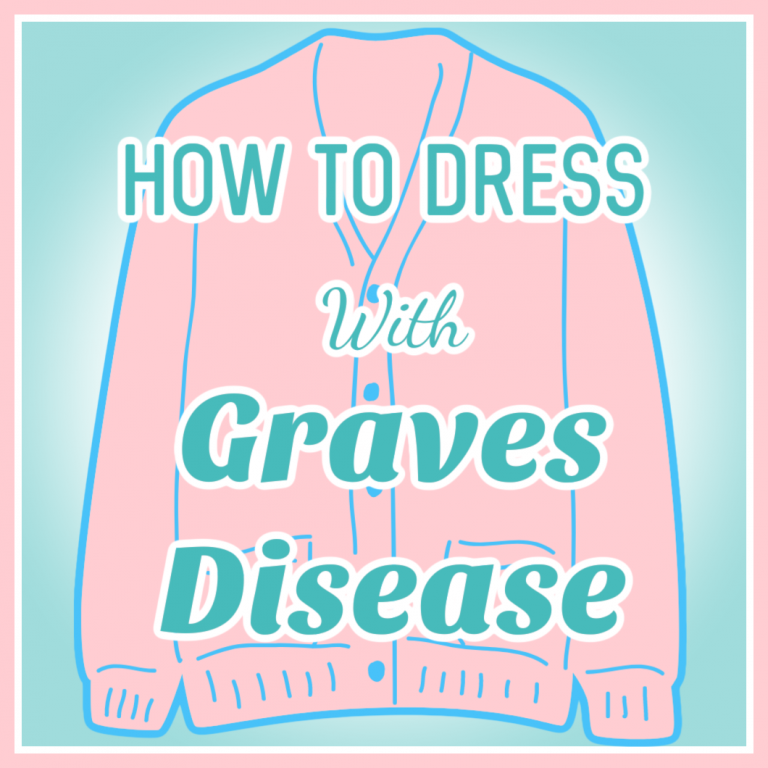
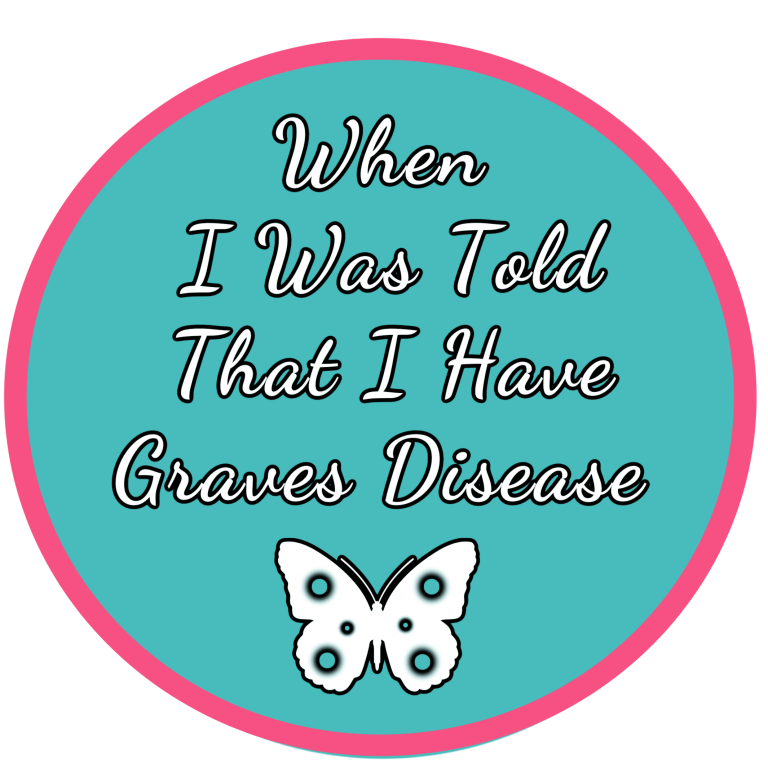

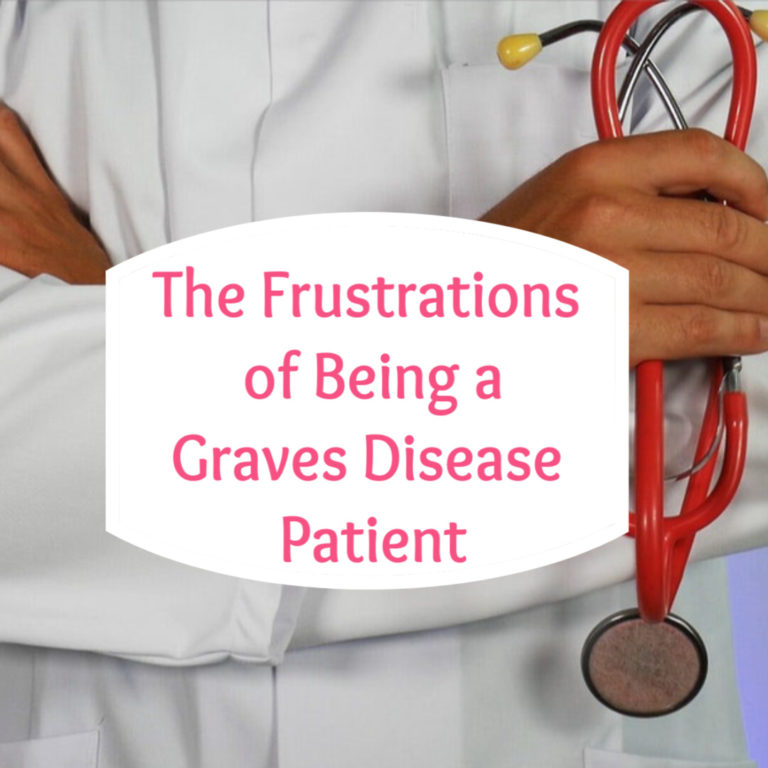
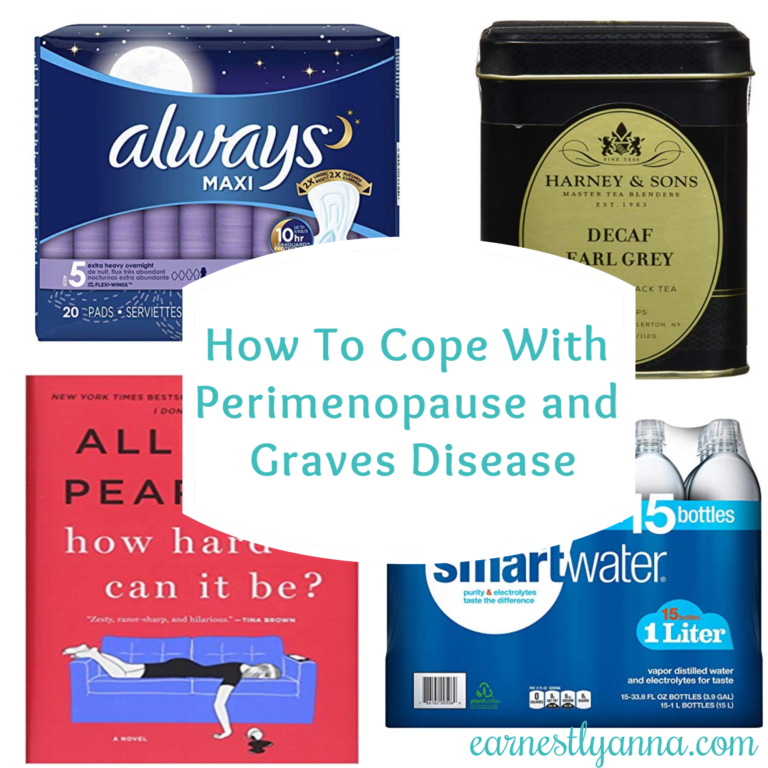
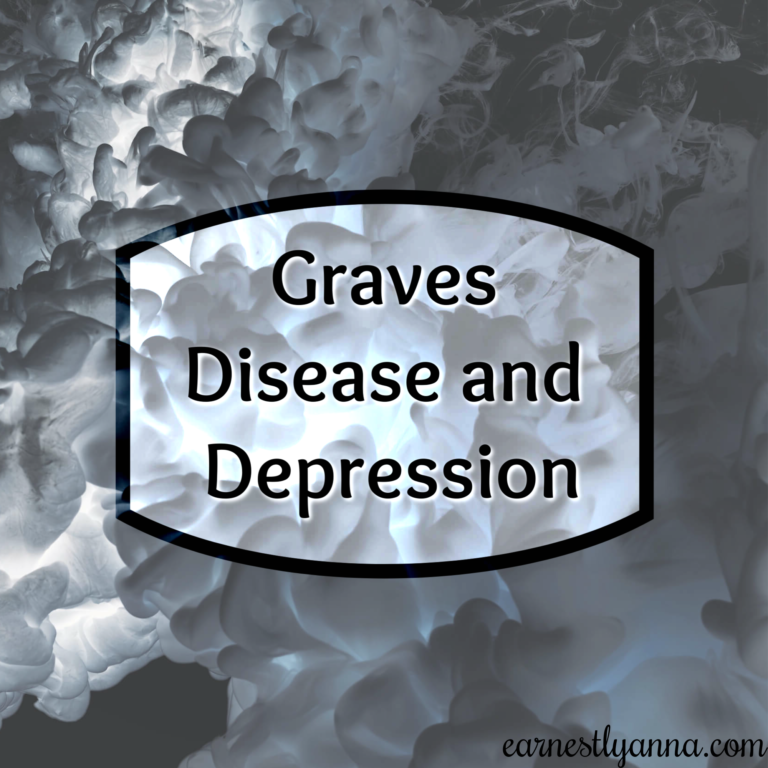
I have Graves Disease as well, diagnosed 15 years ago, and attacked my eyes.
I have been suffering for years and and relate to the comments, “you look nervous”, or “are you ok?, you look terrified”.
I hide my eyes as much as possible and avoid pictures as much as possible.
I am finally going to brave eye lid surgery and am worried about finding the right surgeon.
Hi Julia, Eyelid surgery has made a big difference for me! I understand your concern though about finding the right surgeon. My surgeon is also my Ophthalmologist and I have complete trust in him. I’m in the U.S. (Illinois). I don’t know where you’re from but his name is Dr. David Yoo I was referred to him by my Endocrinologist. Maybe try to get a recommendation from one of your other Doctors or from a friend. That’s always a good place to start.
No matter how much you trust your Doctor, it will always be unnerving to think of someone cutting into your eyelid. But it’s helped me so much! The surgery isn’t long. The recovery is uncomfortable but not terribly painful. Which is good because I think we can expect to have it done more than once in our lives as our bodies may never stop attacking us.
I wish you the very best of luck with your surgery! Please let me know how you’re doing. We can always chat here or you’re welcome to email me at, earnestlyanna1@gmail.com
thank you..I also have TED and it is difficult ro look in the mirror and not recongnize yourself. I had lid surgery which helped à little but the bulging and swelling are still there…pictures with sunglasses on are now my new go to
Hi Lynne! Thank you for tuning in. I know what you mean. I wear glasses for astigmatism, and I’m glad because without them all I see is my uneven eyelids. The bulge is less, but they’re just not the same as me before Graves.
My son got Graves desease and bulging eyes. The Graves was diagnosed late. Now orthmologist prescribed prednisone and artificial tears and an ointment for night time application. For the thyroid he is using now carbimazole 40mg per day. My question this boy is only 13yrs ;will the eyes go back to their socket and can the thyroid heal without surgery?
Hello John,
I’m so sorry that your son is dealing with this at such a young age. You have great questions. I’m not a medical doctor so I can only answer from my own experience. In my experience, the eyes will not go back to their socket and the thyroid cannot heal without either surgery or radiation. But, that is only my experience. As with many Graves-related symptoms, opinions and results vary.
When I was first diagnosed, my Endocrinologist told me that as long as Graves Disease is active, the body will continue to attack the thyroid and eyes. She put me on an anti-thyroid medication called Methimazole but said I could only stay on it for 12-18 months. Then if I did not go into remission (I did not.) I would have to make a decision between radioactive iodine or thyroid removal. My Ophthalmologist advised against radiation because he believed it would make my eyes worse. He said there was no way to reverse the eye-bulging but that thyroid removal would likely make it stop. In my case he was correct. A few months after my thyroid removal he performed lid reduction surgery. Lid reduction surgery does not reduce the bulge, it just camouflages it. I don’t know that there is a sure-fire, non-surgical treatment for returning the eyeball back into the socket. For me though, thyroid removal halted the progression of the eye-bulging.
I’m just guessing, but your son’s doctors may be focused on only treating his symptoms because of his young age. Discuss your concerns with them and ask if there are some more definitive treatment options available to him. And it never hurts to get multiple opinions. If you haven’t already, see if you can find Pediatric Endocrinologists and Ophthalmologists in your area that specialize in Graves and Thyroid Eye Disease.
I truly wish I had better answers for you. I’ll keep you and your son in my prayers. Take good care and please keep me posted on his progress.
(This comment is based on my own personal experience. It is not intended as medical advice. It is not intended to diagnose, treat, cure or prevent any disease or medical condition.)
Some surgeons perform orbital decompression surgery to correct the bulging – they remove some of the bone around the eye so the eye has room to return to its normal position.
(I was just diagnosed – even trying to see a TED doctor is so frustrating!)
Hi Tracy! Yes, I’ve heard of that procedure. Fortunately, my doctor didn’t recommend that. One of my eyes bulged out more than the other, but neither was bad enough to warrant decompression surgery. The lid reduction helped a lot! They aren’t 100% where they used to be, but they are much improved. I don’t know where you’re located, but there are some great doctors at Loyola in Chicago.